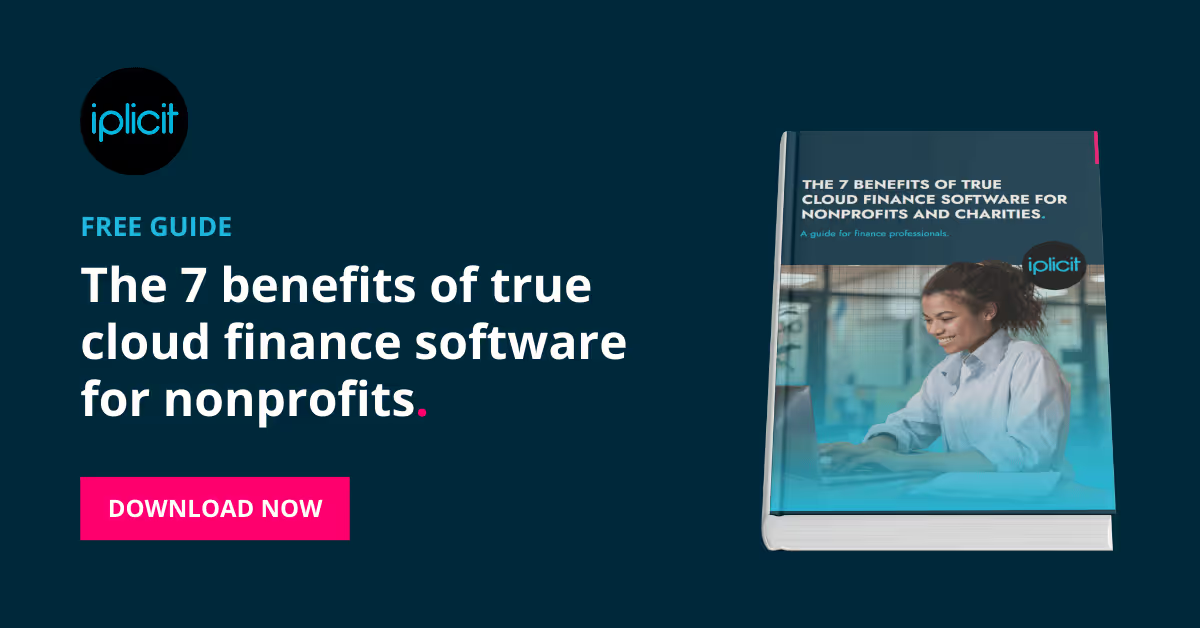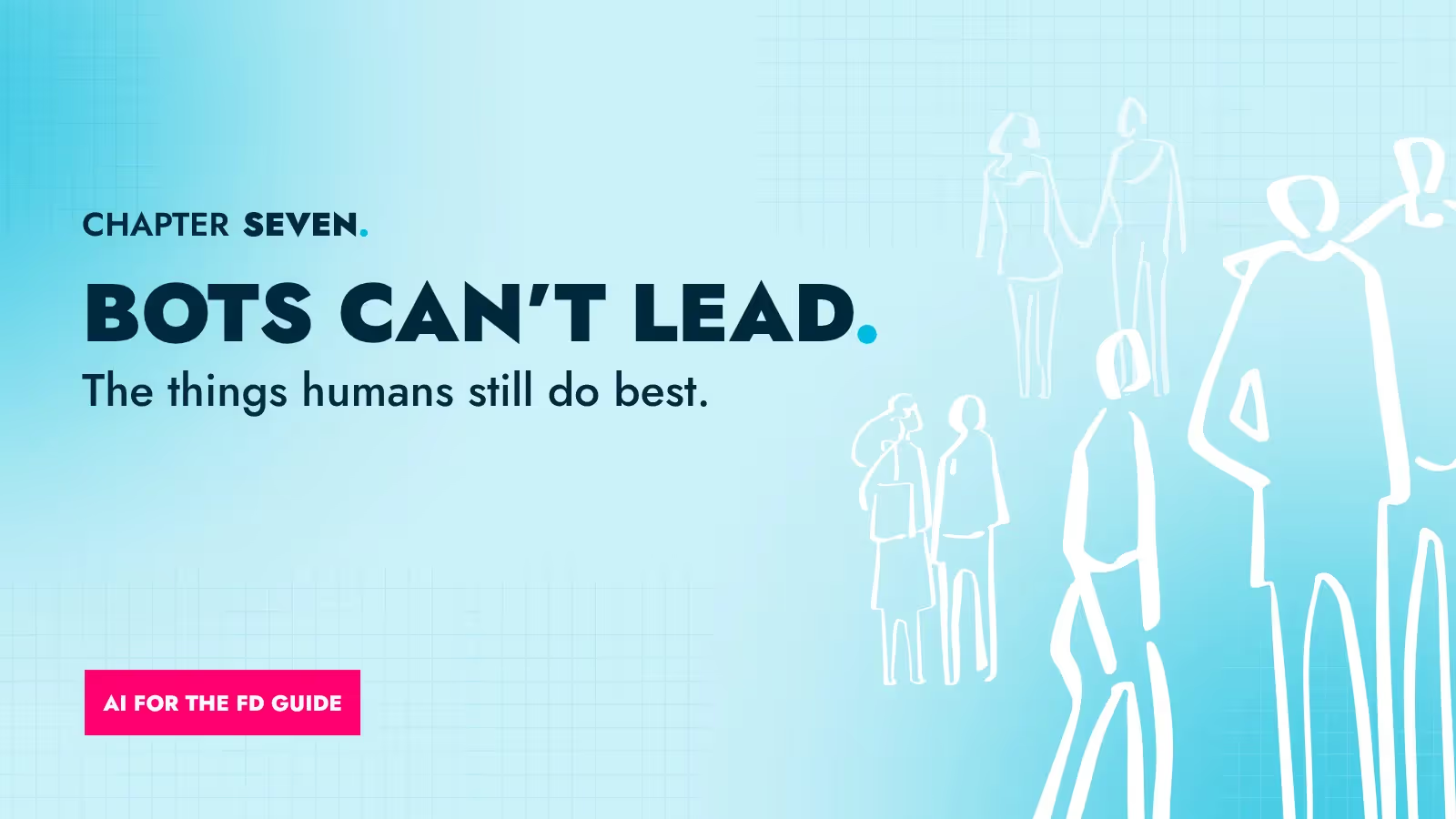Bots can't lead: The things humans still do best
Explore the uniquely human skills that AI can't replicate, from strategic thinking and creativity to judgment, accountability and relationship-building. Learn how to focus on what you do best while letting technology handle the rest.

📘 Definitions #7
Cognitive augmentation: The use of technology to enhance human thinking, rather than replace it. While AI excels at processing vast amounts of data, humans add contextual understanding, ethical reasoning and strategic insight. AI does the heavy statistical lifting and you act on the results.
How not to lose your job
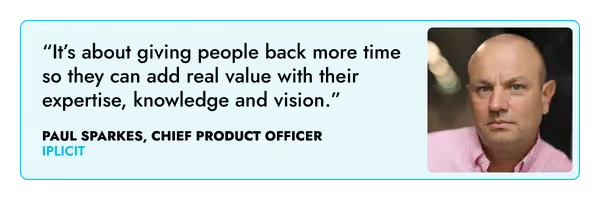
You’ve spent years acquiring the knowledge, experience and qualifications that make a good FD. Is all that going to be shoved aside because technology promises to be faster and cheaper?
We shouldn’t pretend the world of work will be unaffected by AI. The technology is already having an impact, particularly on entry-level jobs. Dario Amodei, CEO of Anthropic, the owner of the AI platform Claude, warned in summer 2025 that half of all entry-level jobs could disappear within five years, pushing US unemployment to 10-20%.
That’s potentially a big challenge for society – but workers made of flesh, blood and brains will still be needed for the foreseeable future.
“I think, sadly, AI tends to affect the entry-level jobs more than the senior roles,” says iplicit’s CFO, Rob Steele.
“If something is fairly straightforward and repetitive, that’s something you can usually automate – but it’s harder to train an AI as a highly skilled worker or a strategic leader.”
A report called How Not To Lose Your Job to AI, from the nonprofit 80,000 Hours, found some reasons to be optimistic. It said that “while AI drives down the value of skills it can do, it drives up the value of skills it can’t”.
The authors identified four types of skills that won’t be easy for AI to replace:
- Hard for AI – messy, long-horizon tasks with poor data, where a person is wanted.
- Needed for deploying AI – the skills of organising and auditing AI, or work in related industries such as data centres.
- Used to make things the world needs more of – skills involved in healthcare, housing, luxury goods etc.
- Hard for others to learn – rare expertise that matches your unique strengths.
“AI is a logical extension of what we’ve been saying for a long time about other kinds of automation,” says Paul Sparkes, iplicit’s Chief Product Officer.
“It’s about giving people back more time so they can add real value with their expertise, knowledge and vision. It’s a tool, not the answer in itself, but enormously powerful.”
So what is the uniquely human, high-value work that will occupy your hours when your robot companion is doing more of the boring stuff? Let’s look at some of the things AI can’t – or shouldn’t – do.
Adding real value

The idea that technology will free people up to do higher-value work has been around as long as computers. But that issue has become even more pertinent now that AI can handle a vast amount of transactional and data-driven work.
The challenge is particularly acute in the world of accountancy in practice, where clients who use AI will know what labour-saving tech is available to their accountants. But it also affects finance teams, whose “clients” are the other parts of the organisation.
Alastair Barlow of Numbrs says: “What we do as accountants or finance teams is not about processing things quicker. That’s not the goal. The goal is delivering value – and we often deliver value by understanding what the client or the business values and what they need. We do that by strategic thinking.
“We have to think: what can we do that makes a difference, that shows value, on top of providing a set of accounts? That’s where the opportunity lies.”
Daniel Lawrence, CEO of Bots For That, gives examples from the world of accountancy in practice. “If people are going to attach less value to the compliance element of the job, because technology makes the cost of that almost zero, you have to ask where we present value on top of that. It could be one-to-one meetings, quarterly business reviews. What do we do that’s over and above producing management accounts? That’s where the opportunity is.”
CEO and podcaster Indi Tatla adds: “What you really bring to your role is expertise and knowledge. That’s what’s valuable about working with you. There’s something precious about that and we shouldn’t be gung-ho about trying to replace it with AI.”
Human judgement
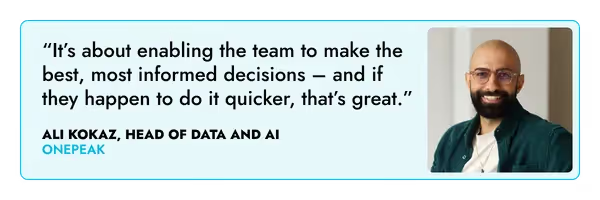
AI can digest a lot of data and flag up trends and outliers – but it’s up to the humans to apply real judgement.
iplicit CFO Rob Steele cites the example of a software company using AI to review large amounts of data about how customers are using its product.
“The insights from that are not just about pricing,” he says.
“You could examine whether customers need more training in an area of the software they’re not using so much. Should the customer success team give them a call and show them they’re not getting the full benefit of features they’re paying for? Only humans can make that kind of judgement.
“AI can only provide a commentary on the facts in front of it – so if it identifies areas where sales are underperforming, for example, it won’t know if there are good reasons for that, or if activity is ramping up for the next quarter. AI can only use the data it’s been fed or trained on.”
AI might identify areas that will repay close attention from a human, he says. “It enables you to highlight problem areas much quicker and then spend your time focusing on that area in a lot more detail,” he adds.
Ali Kokaz, Head of Data and AI at One Peak, says: “Our objectives in using AI are not about saving the team the maximum amount of time. That’s a byproduct. For us, it’s about enabling the team to make the best, most informed decisions – and if they happen to do it quicker, that’s great.”
Accountability
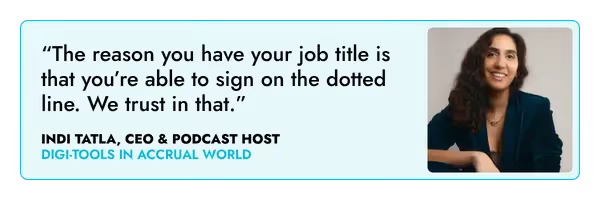
As discussed in our chapter on risks, it’s human beings who face the consequences if there’s a serious error or omission in the accounts.
“AI is a great assistant but it should never fully replace humans,” says Rob Steele.
One Peak’s Ali Kokaz adds: “As investors, we’d be worried if we heard the finance department of a company say ‘We’ve completely automated all our reporting and we don’t look at the numbers’. You can automate quarterly reports but when those reports are finalised and reviewed, it’s you that needs to review them and write some commentary to send to your shareholders.”
That accountability comes with having “director” in your title, of course. “If you’re a finance or legal person, the reason you have that job is that you’re able to sign on the dotted line,” says Indi Tatla.
“We trust in that. There’s a level of deference that comes with that role.
“I suspect that will remain the case because a machine won’t be able to take responsibility for that for a very long time and someone has to be held accountable.”
Creativity

People may be wary of using the word “creative” anywhere near the word “accounting” – but human creativity is part of the job. Problem solving, interpreting and communicating are all creative – and in those areas, AI can be an aid but not a replacement for human skills.
“In the world of software engineering, which is my domain, you spend your day doing three main things,” says Ali Kokaz of One Peak.
“Firstly, there’s identifying the problem. Secondly, there’s identifying what the solution should look like. And then there’s the third bit, which is writing the code. What AI does is make the third piece – building the solution – much quicker.
“The same principle applies to other areas of work too. The human creativity involved in identifying the problems and inefficiencies and what the solution should look like, that’s still very much required. AI can’t do it for you.”
‘Soft’ skills
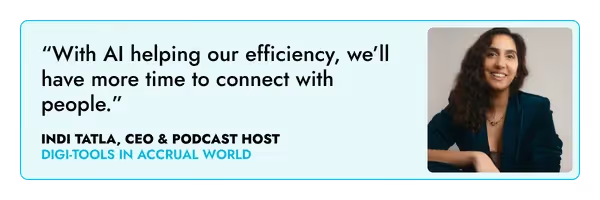
Management guru Tom Peters has said repeatedly that the term “soft skills” is a misnomer. “Soft” things like dealing with people, relationships and culture are hard – because they’re hugely important but difficult.
Soft skills, then, are the last thing you’d want to delegate to AI.
“With AI helping our efficiency, we’ll all have more time to connect with other people,” says Indi Tatla. “I hope we’ll see that positive side from it.”
Olivia McMillan, COO at iplicit, says: “If managers are able to free themselves from a lot of repetitive, administrative actions, they can spend more time on people development, on learning about their customers and spending time with them.
“All those are intangible but really high-value activities that tend to get deprioritised because everybody has so many administrative things to do.”
Whatever you’re great at

There are probably parts of your job that you’re particularly great at. Parts that almost don’t feel like work, that other people find hard, and where your insight is more valuable than any AI output. Maybe that’s something you should keep doing.
“Some people really enjoy delving into data and I'm not sure we should be saying they’re not allowed to do that anymore,” says FD Becky Glover.
“I think we should say ‘What are you really good at? You focus on that’. If that's delving into data and understanding it, fine, and if you're not good at writing emails or prepping for meetings or doing your action points, then get tech to do that for you.
“If tech allows us to focus on what we love doing, then it gives people a bit more purpose in their role. It’s here to help us, not to take anything away from us. It might just help you focus in on what you’re best at.”
Latest guides
Want to see iplicit in action?
Book your demo and discover how iplicit can simplify your finance operations, automate manual processes, and give you real-time visibility - wherever you work.

